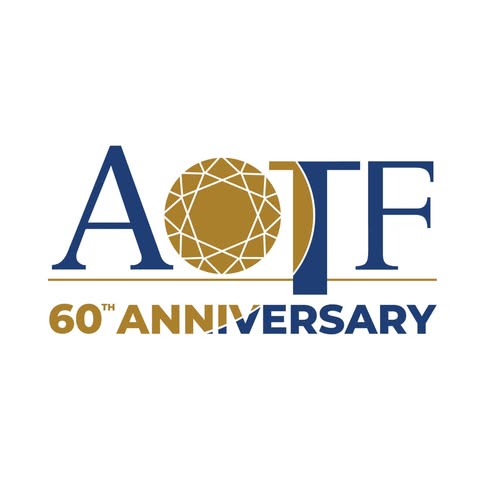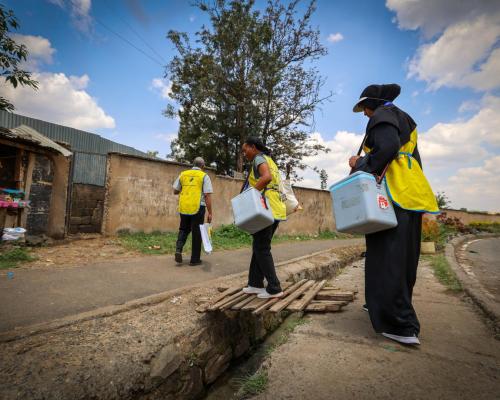
Gastroparesis Patient Association for Cures and Treatments, Inc.
G-PACT is a legal 501(c)(3) non-profit founded in 2001. We are fighting gastroparesis, chronic intestinal pseudo-obstruction, and colonic inertia.

ICO
233092178
17000
Web
Sign in to see organisation website
Address
ETTERS
Home | G-PACT Main navigation Welcome Be Alive. Be Strong. Be Happy. Just Be.
From Social media
News about from their social media (Facebook and X).
🚨🚨New podcast is LIVE. 🚨🚨 Living with chronic illness doesn’t just impact your health - it hits your wallet too. In this episode, Sam and her husband Adam open up about the hidden (and not so hidden) financial strain that comes with chronic illness.
Like Comment
Data about organisation
Public Health Programs Category
Organisations with similar rank to Gastroparesis Patient Association for Cures and Treatments, Inc. in category Public Health Programs

87. SUDDEN CARDIAC ARREST FOUNDATION
Our vision is to eliminate preventable death and disability from sudden cardiac arrest while supporting those affected by SCA.

88. Gastroparesis Patient Association for Cures and Treatments, Inc.
G-PACT is a legal 501(c)(3) non-profit founded in 2001.

89. American Occupational Therapy Foundation Inc
AOTF envisions a vibrant science that builds knowledge to support effective, evidence-based occupatio.

Teamson is a global lifestyle home designs brand bringing joy into every home through beautiful, quality pieces made for stylishly comfortable everyday living.
ETTERS
Organisations from Gastroparesis Patient Association for Cures and Treatments, Inc.
More from ETTERSSimilar Organisations Worldwide
Organisations in the world similar to Gastroparesis Patient Association for Cures and Treatments, Inc..

Guts UK is the national charity for the digestive system.

Australasian Gastro Intestinal Research Foundation Ltd (au)
The Australasian Gastro Intestinal Research Foundation.

The Gutsy Group Foundation is a ‘not for profit’ organisation dedicated to raising funds for medical and scientific research into the cause, prevention, management and cure of Crohn’s disease and ulcerative colitis.
Interesting nearby
Interesting organisations close by to residence of Gastroparesis Patient Association for Cures and Treatments, Inc.

PADDLETOWN ST PAULS UNITED METHODIST CHURCH
The United Methodist Church is a worldwide connection of close to 10 million members in over 100 countries including Africa, Asia, Europe and the United States.
Similar social media (17000)
Organisations with similar social media impact to Gastroparesis Patient Association for Cures and Treatments, Inc.

43942. Alumni Assocn of State Univ of NY College of Environmental Et AL
Focused on the study of the environment.

Foster Parrots, Ltd.

43944. Gastroparesis Patient Association for Cures and Treatments, Inc.
G-PACT is a legal 501(c)(3) non-profit founded in 2001.

43945. Syracuse Pulp & Paper Foundation Inc-College of Forestry at Syracus
Focused on the study of the environment.

43946. New England Coastal Wildlife Alliance Inc
A volunteer nonprofit working in south coast MA.
Join us and make a difference for the future!
Sign Up
Please fill in your information. Everything is free, we might contact you with updates (but cancel any time!)
Sign in with GoogleOr
Good News
Incredible progress as digital payments now enable 120,000 polio workers in Kenya to get paid within just 72 hours—ensuring timely support for vital vaccination efforts! #GoodNews #HealthImpact
From 15 Days to 72 Hours: Digital Payments Speed Up Pay for 120,000 Polio Workers in Kenya | WHO | Regional Office for Africa
WHO | Regional Office for Africa
Like Comment










:max_bytes(150000):strip_icc():focal(749x0:751x2)/king-charles-III-queen-camilla-pope-leo-IV-vatican-102325-6-6fd07098ac81415d9762c396b9d60c41.jpg)